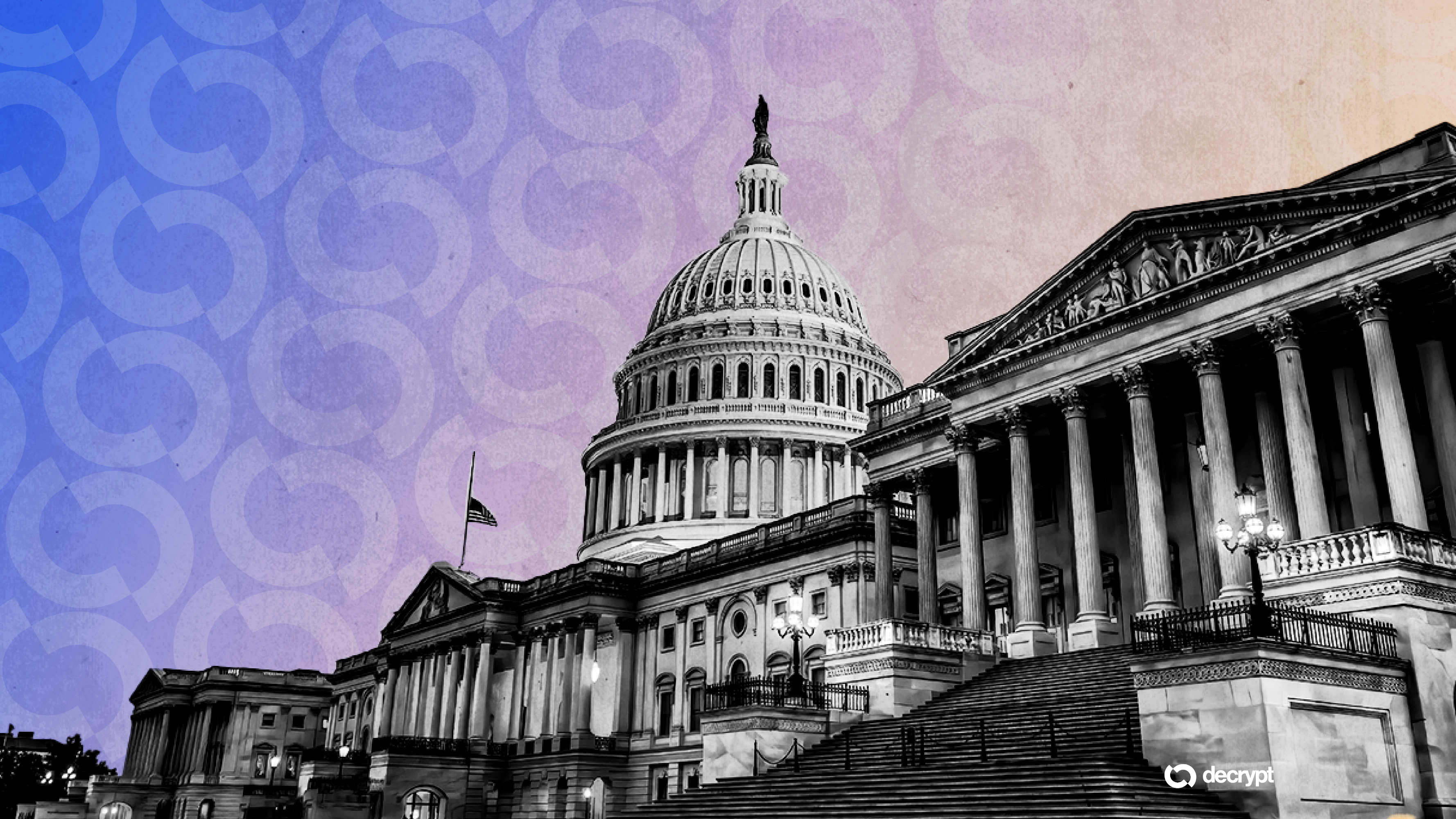Representative Brandon Gill, a staunch Trump ally, has disclosed Bitcoin purchases totaling up to $2.6 million in 2025, according to recent House financial transaction reports. The Texas congressman's aggressive accumulation strategy underscores growing institutional confidence in digital assets as the Trump administration signals a more crypto-friendly regulatory approach.
Texas Representative Brandon Gill has emerged as one of Capitol Hill's most bullish Bitcoin advocates, with newly filed congressional disclosure reports revealing cryptocurrency purchases approaching $2.6 million so far this year.
The substantial investments by the freshman congressman and Trump confidant represent some of the largest disclosed Bitcoin acquisitions by a sitting member of Congress, highlighting the growing intersection between political power and cryptocurrency advocacy. Gill's purchases come during a period of heightened optimism in the digital asset space, fueled largely by the Trump administration's pivot toward crypto-friendly policies.
According to House transaction reports mandated by the STOCK Act, Gill has made multiple six-figure Bitcoin purchases throughout 2025. These disclosures, which require members of Congress to report securities transactions within 45 days, provide a window into how lawmakers are positioning themselves in the evolving digital economy.
Gill's aggressive Bitcoin accumulation strategy aligns with broader Republican enthusiasm for cryptocurrency. The congressman has been vocal about his support for digital assets and has positioned himself as a leading voice for crypto innovation in Congress. His investments signal personal conviction backing his public policy positions—a factor that could influence legislative approaches to cryptocurrency regulation.
The timing of these purchases is particularly noteworthy. Bitcoin has experienced significant volatility in recent months, yet institutional adoption continues accelerating. Major corporations, investment funds, and now prominent political figures like Gill are treating Bitcoin as a legitimate store of value and portfolio diversification tool.
Critics may question whether such substantial personal investments create conflicts of interest when voting on cryptocurrency legislation. However, proponents argue that lawmakers with direct financial stakes in digital assets may better understand the technology and its implications for American competitiveness in the global financial system.
Gill's disclosure comes as Congress considers several cryptocurrency-related bills, including measures addressing regulatory clarity, taxation, and the potential creation of a strategic Bitcoin reserve. His financial commitment to Bitcoin suggests he expects favorable legislative outcomes that could benefit the industry—and his portfolio—in the coming years.
As the crypto policy landscape continues evolving under Trump-aligned leadership, Gill's investments may serve as a bellwether for broader congressional sentiment toward digital assets.
